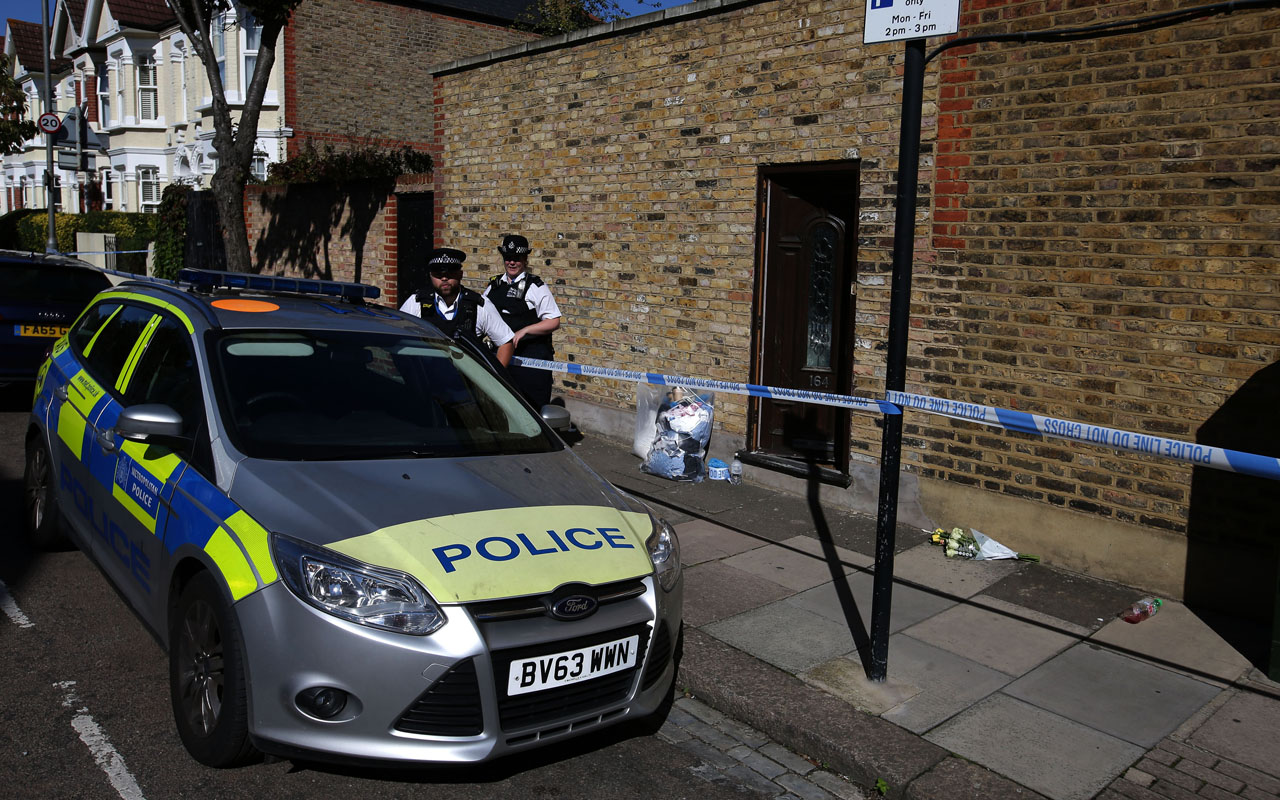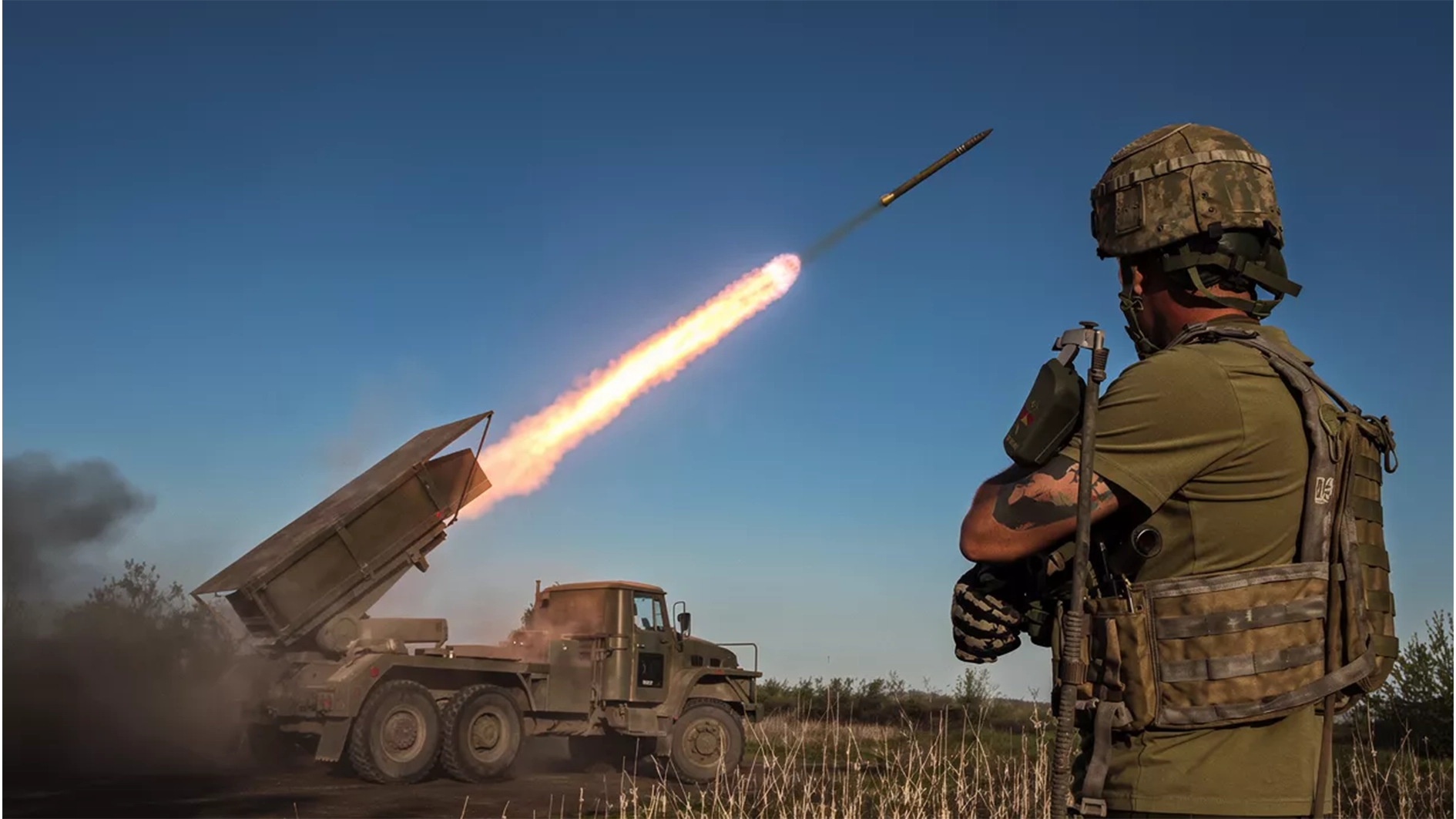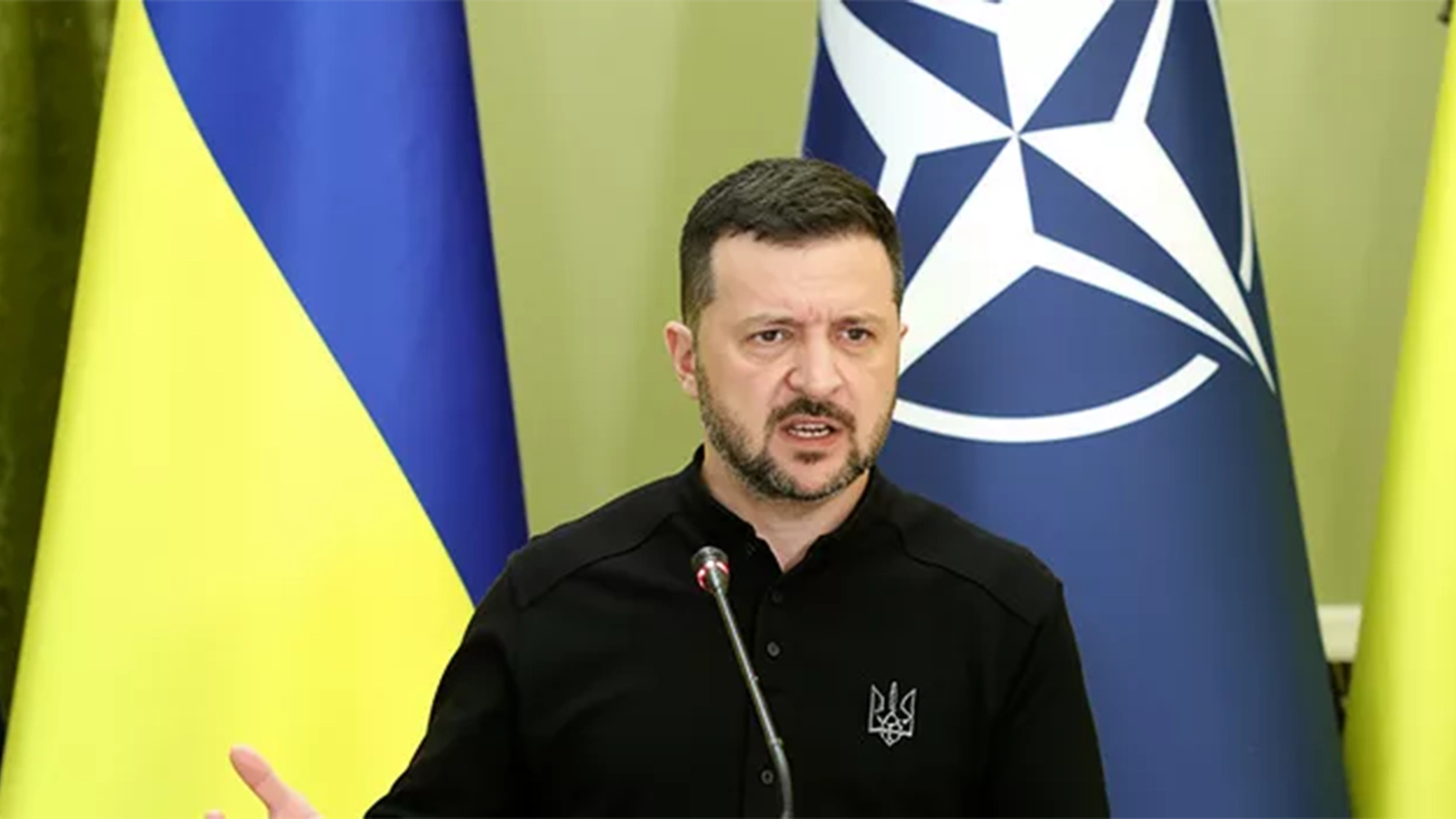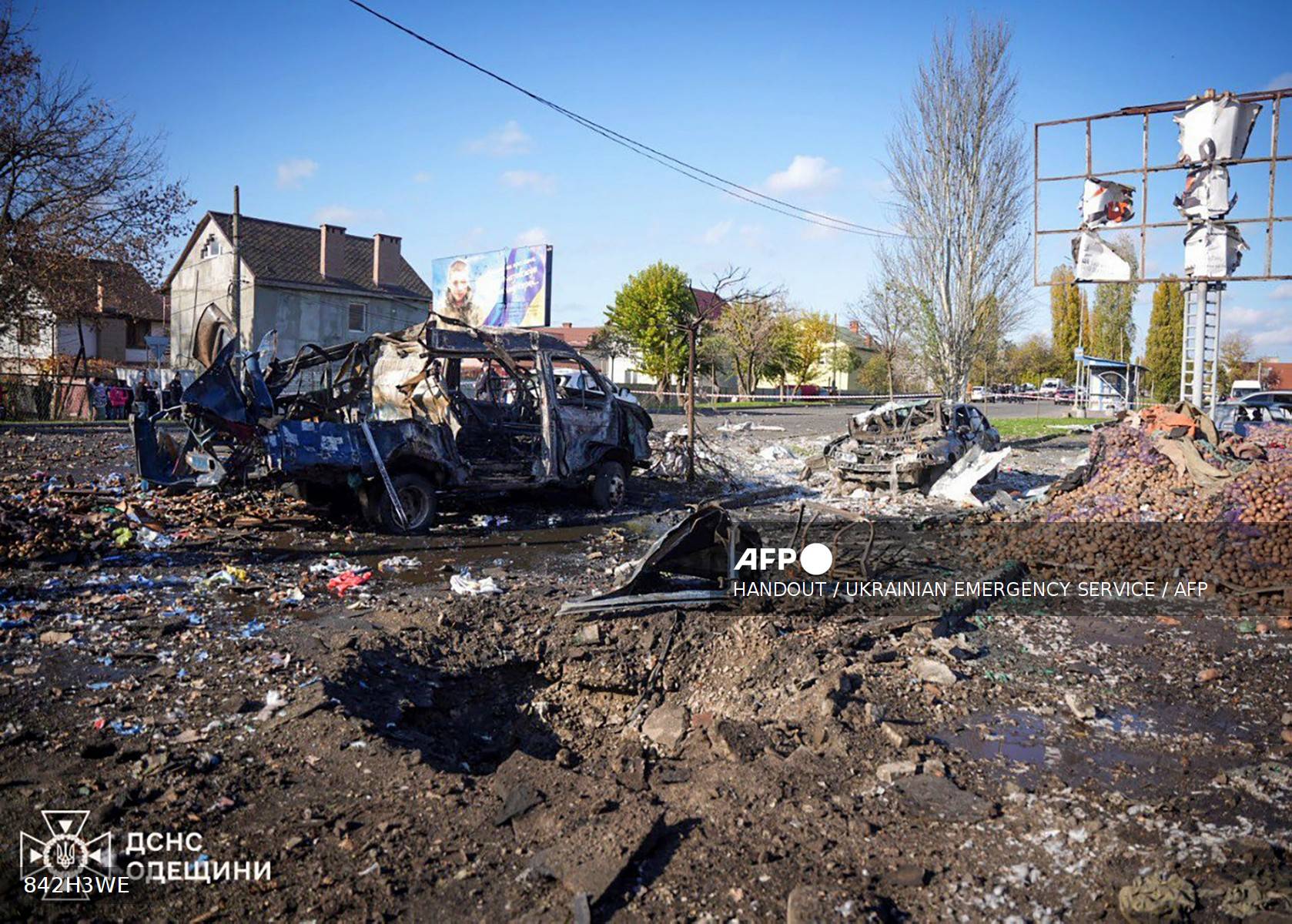
Facebook on Tuesday teamed up with the London police to help its artificial intelligence tools track livestreams of terror attacks such as the New Zealand mosque massacre.
In March, a self-professed white supremacist used a head-mounted camera to broadcast live footage on Facebook of him attacking two mosques in the city of Christchurch.
Facebook and platforms such as YouTube came under intense criticism for initially failing to detect the broadcast and then struggling to take down its uploads that proliferated online.
New Zealand’s Jacinda Ardern and other world leaders in May launched a “Christchurch Call to Action” against online extremism — a campaign Facebook and other major platforms quickly joined later that month.
The California-based social media behemoth said Tuesday it was in the process of updating its policies for dealing with extremism and online hate.
“Some of these changes predate the tragic terrorist attack in Christchurch, New Zealand, but that attack, and the global response to it in the form of the Christchurch Call to Action, has strongly influenced the recent updates to our policies and their enforcement.”
Machine learning
London’s Metropolitan Police said the initiative will see it start providing Facebook in October with footage of training by its forearms command unit.
The videos will be captured on body cameras provided by Facebook that officers wear during exercises.
This will help Facebook “capture the volume of images needed to train our machine learning tools,” the company said.
“This will mean our AI tools will be able to more accurately and rapidly identify real life first person shooter incidents and remove them from our platform.”
The London police said its footage will be combined with video Facebook is already using from law enforcement agencies in the United States.
This technology will “also significantly help prevent the glorification of such acts and the promotion of the toxic ideologies that drive them,” Britain’s Special Operations assistant commissioner Neil Basu said.
The Metropolitan Police said Facebook decided to ask London for help because it has created the world’s first counter-terror internet response team focused on online hate.
‘Crisis intervention’
The speed with which the videos spread and Facebook’s initial inability to track them all down redoubled public and government scrutiny of the world’s biggest social media company.
The Christchurch images were broadcast live for 17 minutes — and remained online for a further 12 minutes — before Facebook was alerted by a user and took it down.
Yet millions of upload and shares continued to spread online for days.
Facebook on Tuesday defended its track record but conceded that “bad actors will continue to try to get around our systems”.
It reported banning 200 white supremacist organisations and removing 26 million “pieces of content” or terrorist organisation such as the Islamic State.
Facebook said Tuesday that it was also expanding to Australia and Indonesia a US programme in which users who search for extremist content on the platform are directed to a special support group.
The US group was “founded by former violent extremists that provides crisis intervention, education, support groups and outreach,” Facebook said.






